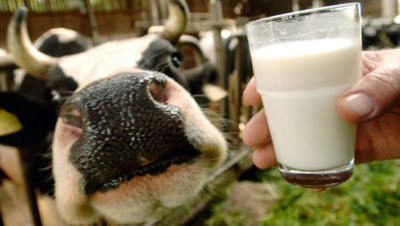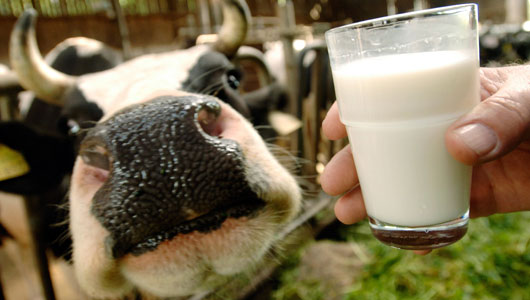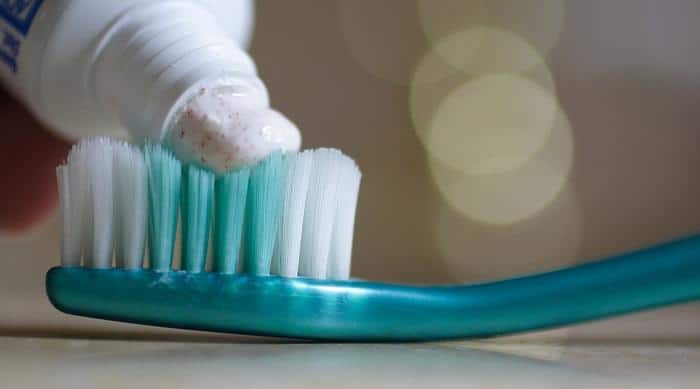
Raw milk supporters in West Virginia are pushing for changes to dairy regulation in the state, and they’re pointing to one 11 year old whose allergies prevent her from drinking the milk most Americans consume.
West Virginia is one of 17 states where the sale of raw milk is illegal, according to the Farm to Consumer Legal Defense Fund. In West Virginia, it’s not even allowed if someone has a doctor’s prescription.
Rylee Lee, 11, is allergic to Beta Casein A1, a protein typically found in cow milk. To maintain her daughter’s health, Lori Lee wants the legal option to buy raw goat milk for the little girl.
Under current West Virginia law, the seller could face hundreds of dollars in fines as well as misdemeanor charges if they are caught exchanging cash for raw milk. Rylee is not shy about sharing her feelings about the mountain of regulations mandating her dairy choices.
“It is milk. It’s not like it is a big war or nuclear bomb, it is milk,” she told a local TV station. “It is crazy.”
Her mother agrees with her.
“The bottom line is she hurts when she gets milk from the store,” Lori Lee said. “That is all the government is willing to give us. So what they give us hurts my child.”
Successfully Raise Farm Animals With The Backyard Homestead Guide…
When the mom looks to other states, she gets frustrated.
“We should have the same rights and freedoms in West Virginia that our neighbors do,” she said. “The government needs to trust us as parents to read the studies and extract our own opinions and beliefs. But the proof is in the pudding and I see the difference in Rylee.”
Herd sharing is also illegal in West Virginia. The only option: Raise your own goats, which the Lees don’t do.
Brad Cochran, the director of the West Virginia Department of Health and Human Resources, says the laws are needed because cows are unclean animals and the bacteria in unpasteurized milk is dangerous.
“On a public health side, raw milk is unsafe to drink. I mean even the states that have regulated raw milk, outbreaks still occur in those states. It is rare but it has happened. Most of the time it is not due to the pasteurization process. Just because you have taken care of the milk on your property and have only one or two cows in your possession and milk your own, that doesn’t exclude the fact that there is bacteria in the milk. That is the only way to ensure the public health and safety from raw milk is to keep our ordinances and regulations in place.”
The Weston A. Price Foundation, a raw milk advocacy group, says West Virginia is the only state that bans both raw milk sales and herd sharing. Many states allow residents to pay dairy farmers a fee for boarding a cow or for partial ownership in a shared cow. The funds exchanged help pay for the care and milking of the cow. The process is similar to holding partial ownership of a bull or racehorse.
The West Virginia Alliance For Raw Milk organization is also diligently working to change state dairy laws. The group is focused on informing residents about food safety by connecting families to “natural food and healing, natural farms, and nutritional education.”
Supporters of natural food say it is mind-boggling that in America, genetically modified foods and chemical herbicides and pesticides are considered safe, but all-natural raw milk is feared.










